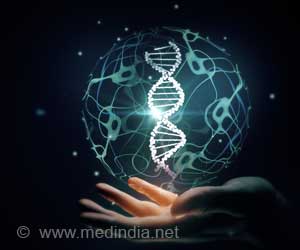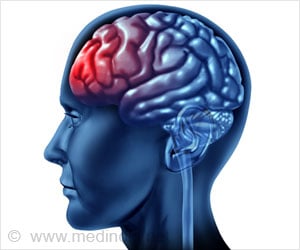Circadian clocks (body clocks) present in different parts of the body determine when and how much energy must be supplied by mitochondria (the power house of the cells) to the body parts.

‘Protein Drp1, synchronized by an internal biological clock determines the energy needed to be supplied.’





Fission protein sets the rhythmIn most cells, mitochondria connect in a constantly changing network that can adapt to various conditions. Mitochondria can thus fuse together and then divide again. Disruption of this fission-fusion dynamic can lead to health problems.
Scientists have now investigated exactly how the mitochondrial network interacts with our internal biological clock by using a combination of in vitro models and clock-deficient mice or mice with impaired mitochondrial fission.
Their results show that the mitochondrial fission-fusion cycle is controlled by the fission protein Drp1, which is in turn synchronized by an internal biological clock. This rhythm is integral to determining when and how much energy the mitochondria can supply.
"The time of day determines the design of the mitochondrial network, and this, in turn, influences the cells' energy capacity," explains study leader Professor Anne Eckert from the University of Basel's Transfaculty Research Platform Molecular and Cognitive Neurosciences MCN.
Relationship between circadian clock and energy production
The scientists also showed that the mitochondrial network loses its rhythm if the circadian clock is impaired, which causes a decline in energy production in the cells.
Advertisement
These findings could play a role in the development of new therapeutic approaches; for example, for diseases that are characterized by an impaired circadian clock and compromised mitochondrial function, such as Alzheimer's disease.
Advertisement
Source-Eurekalert










